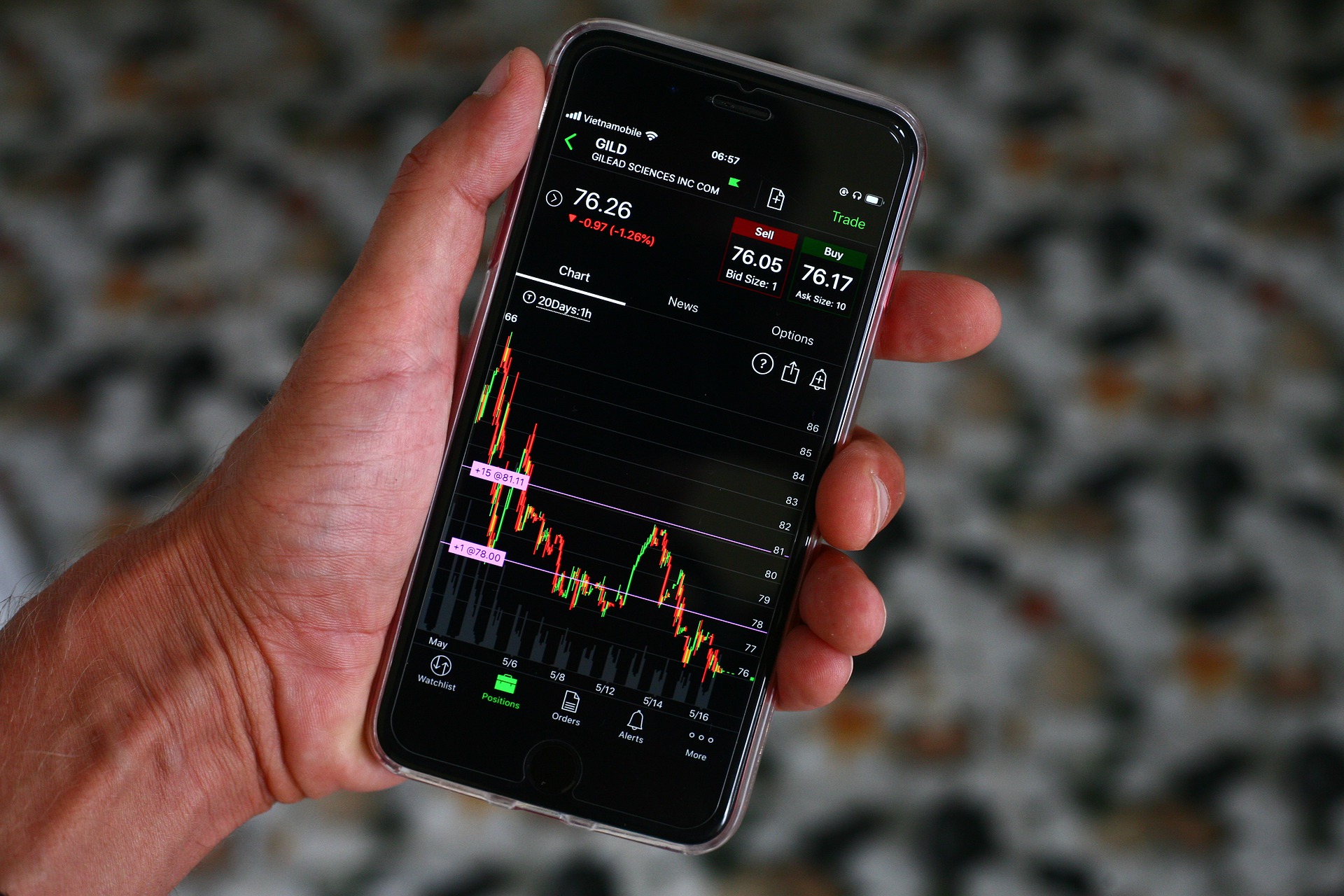The collapse of the crypto-jangmadang, or “rabbit farm,” known as Whalefarm, on Tuesday was preceded by a similar but larger and equally devastating occurrence.
The unregulated token marketplace (TMT) allows any developer to sell tokens — any person or company who wants to build a new application or protocol can do so and promote it to investors.
Many of these tokens are total scams. Some might not even have a real use.
One such token, Whalefarm, has recently experienced massive losses. Its recent ICO raised $2.3 million in a few weeks, but now it is being forced to destroy all of its assets and shut down. The falling price of ETH, the cryptocurrency used to buy and trade Whalefarm tokens, likely played a role in the situation.
When a coin is purchased, it also generates new tokens and WHALF tokens. These tokens are used to buy and sell the crop, and are what make the system truly decentralized. Now, the coin is worth nearly nothing. In a Reddit post, Whalefarm promised to fix the issue and refund anyone who bought the coin. But the company has since said it is unable to.
Whalefarm could have made it if it had successfully cashed out of its ICO fund, but the company failed to do so, causing all the money in the ICO fund to be wiped out.
How it Started And How It’s Going For WhaleFarm Token
Last year, Canadian blockchain-based agricultural real estate startup Whalefarm sold tokens in an ICO for the project. Its vision was to build a global blockchain-based platform that connects farmers, natural resource conservationists, and investors around the world. Investors could buy tokens for the company through an Initial Coin Offering (ICO) and earn the right to lease land in the digital asset’s ecosystem.
The primary use for these tokens is to rent farmland. Whalefarm already has land lease contracts signed with three farms in Jamaica. The idea was that investors could buy tokens and lease the land for a monthly fee, which could then be traded on the blockchain.
The problem with that plan is that Whalefarm was only starting out and needed to collect as much money as it could from investors to buy land, let alone hire the workers to farm it. And they’re not exactly farm-ready.
With the price of the token falling sharply, the payoff for those investors has become much smaller. Investors tend to cash out quickly if they can.
Exchanges that deal in crypto assets are thinly populated and have little vetting process. As a result, there have been numerous examples of scammers tricking people into putting their money into a token sale or other project.
The WhaleFarm Token scam is the most current to defraud investors. They are thought to have taken over $2.3 million.
The Current State of The WholeFarm Token
– Completely anonymous team
– Guaranteed returns of 7.2 million percent
– The token is currently down -99.99 percent
– Twitter profile disabled
– Telegram group destroyed
The WhaleFarm Token has dropped about 100% in the last few minutes and is still trading below $0.20, and has been burning up in an example of what’s known as a “Ruggle Pull” by many in the cryptocurrency community.
Ruggles is a form of digital extortion where a hacker would use complex computer code to take advantage of a popular service (Steemit being one), then knock it offline, leaving people unable to access their funds. This tactic has been utilized recently by a malware campaign that has shut down major digital services, including RapidMiner, Gua Bao, ProTraf, and GitHub. The campaigns seem to have been coordinated by a botnet and used legitimate wallets to receive stolen cryptocurrency. While a few have caught the scammers and canceled their coins, this practice has continued for weeks. Other recent, similar scams include those of TurtleDex, Meerkat Finance, and Uranium Finance, amongst others, which have also robbed crypto investors of several millions of dollars in digital assets.
These types of scams are particularly dangerous and frustrating, because these coins may never actually work. All you do is waste your time, money and effort for a coin that can’t possibly exist or even last.
